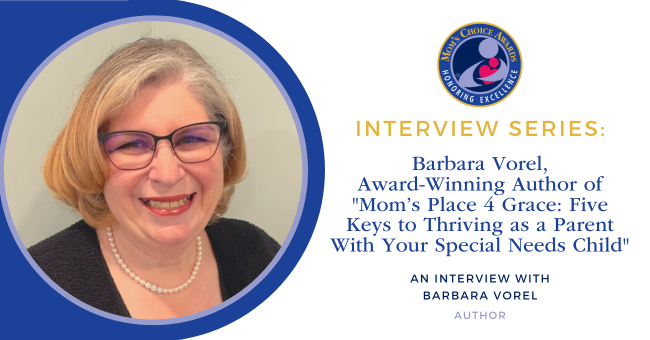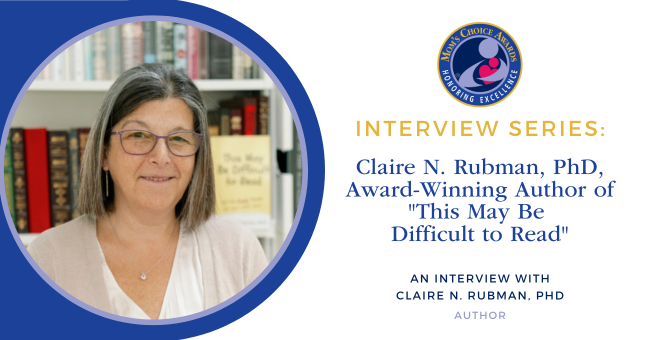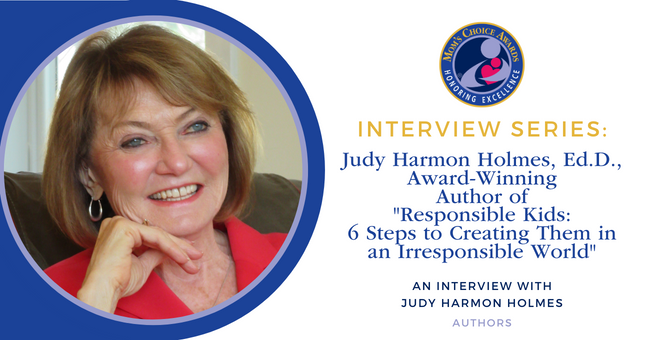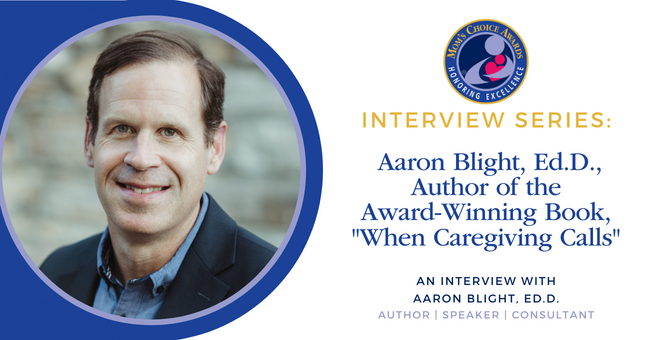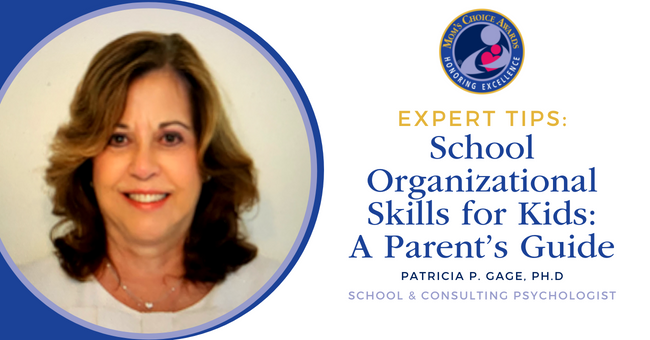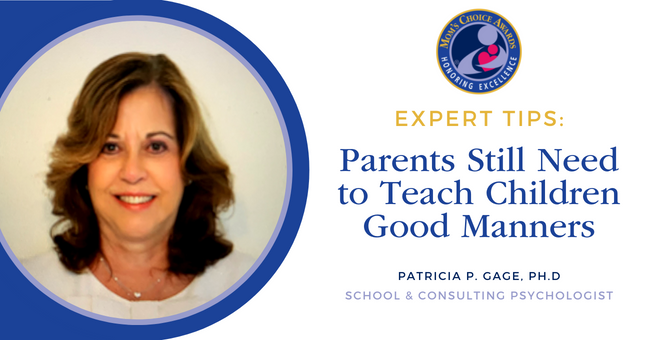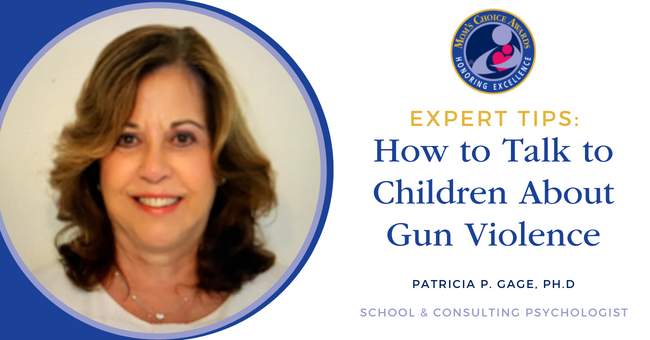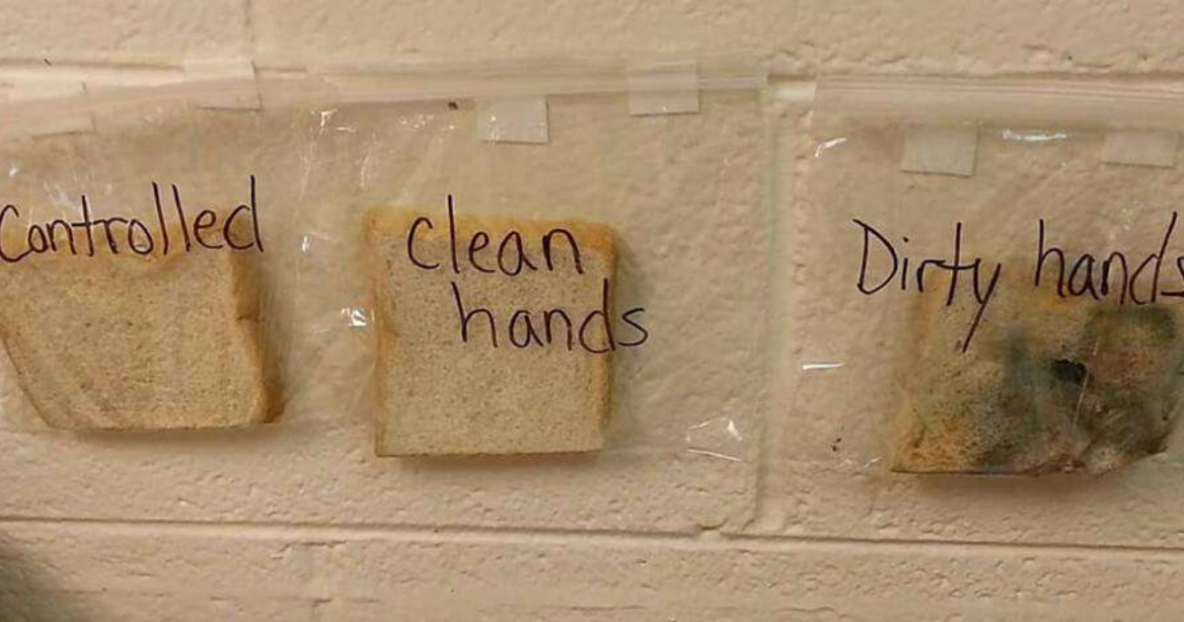Today we welcome the Mom’s Choice Award-winning writer, Barbara Vorel, who authored Mom’s Place 4 Grace: Five Keys to Thriving as a Parent With Your Special Needs Child. Barbara possesses firsthand knowledge of the isolation and demands involved in such parenting. Read More
Interview with Mom’s Choice Award-Winner Claire N. Rubman, PhD
Thanks for joining us today as we get to know more about our honoree, Claire N. Rubman, PhD, and her Mom’s Choice Award-winning book This May Be Difficult to Read! This engaging book offers a new and productive approach to reading—and lets parents learn about brain development and the comprehension skills that children ages 3, 4, and 5 should be focusing on rather than fixating on letters, sounds and rote memorization. As Dr. Rubman says of her reading program: “We parents deserve to have more fun with our children!” Read More
Interview with Mom’s Choice Award-Winner Dr. Neeta Bhushan
We had the special honor of speaking with Dr. Neeta Bhushan, author of the Mom’s Choice Award-winning book, That Sucked. Now What?! That Sucked. Now What?: How To Embrace the Joy in Chaos and Find Magic in the Mess offers insight, wisdom, and a practical five-stage framework to embrace the possibilities in chaos, normalize sucky human moments, overcome setbacks with grace, and help redefine tough moments to fly forward every time. Read More
Interview with Mom’s Choice Award-Winner Judy Harmon Holmes, Ed. D.
We recently got the opportunity to sit down with Judy Harmon Holmes, author of the Mom’s Choice Award-winning book, Responsible Kids: 6 Steps to Creating Them in an Irresponsible World. Read More
Interview with Mom’s Choice Award-Winner Dr. Aaron Blight
Thank you so much for joining us today as we get to know more about our honoree Aaron Blight, Ed.D., and his Mom’s Choice Award-winning book When Caregiving Calls: Guidance as You Care for a Parent, Spouse, or Aging Relative! Caring for a parent, spouse, or relative who cannot care for themselves due to age, infirmity, or illness is one of the noblest human activities. It’s also one of the most stressful, posing challenges that can be painful, confusing, frustrating, and deeply rewarding—sometimes all at once. Read More
School Organizational Skills for Kids: A Parent’s Guide
As the new school year begins, minimize stress by organizing your child’s routine. Organization, or lack thereof, is based on executive functions which are natural neurological processes, a group of critical mental skills. Individuals with adequate executive function skills can plan, organize, strategize, and manage time. They know which assignments are on the agenda after school and can prioritize. Read More
Parents Still Need to Teach Children Good Manners
Living in a household with a strong-minded grandma, lovingly called “Yiayia”, for the last 30 years has served as a reminder of the importance of good manners and etiquette. There was no free pass for bad manners in our house. We didn’t realize the impact of her presence on our behavior and probably did not appreciate it as much as we should have until she was no longer with us. Read More
How to Talk to Children About Gun Violence
Recently, our society has endured profound grief and anger over the devasting loss of so many innocent children to senseless gun violence. Since the shooting in Columbine in 1999, it has been reported that more than 300,000 students have experienced school shootings in the course of their day. Over the last twenty years, these heart-wrenching events have increased exponentially. It is important that we remain dedicated to addressing the impact of gun violence on victims and their families. As we take the time to mourn and remember, it is also vital to address the social and emotional impact these events have on the survivors who were in those classrooms and also for the children who were not present but suffered by repeated exposure to such events through the media. Read More
Teacher’s Visual Lesson on Hand Washing Will Totally Gross You Out
No surprises here, but the pieces of bread that were wiped on the students’ Chromebooks and the pieces that were touched by unwashed hands were by far the moldiest by the end of the experiment. Read More
Interview With Heidi Stock, Creator of Whistlefritz CARNAVAL
The benefits of learning a second language are myriad. There are obvious benefits – such as being able to communicate with more people and learn about other cultures – but there are less obvious benefits too. Research shows that bilinguals develop stronger cognitive and brain processes that enable them to function better in areas that are both related and unrelated to speaking another language. Read More

